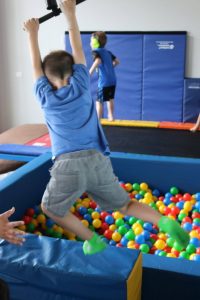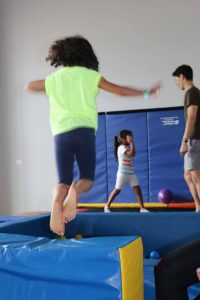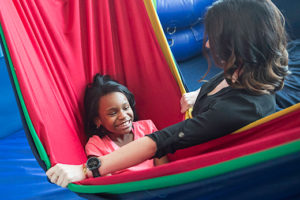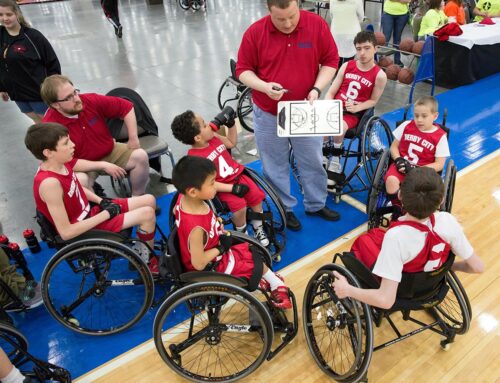Physical Therapy Vs Personal Training


On the other hand, not all injuries are preventable and a physical therapist must be able to identify, treat, or refer to a more appropriate provider. For example, one of my clients complained of knee pain, but upon testing, it became apparent that the source of pain was actually his hip. I advised his family to seek medical attention to rule out a SCFE (slipped capital femoral epiphysis), a hip fracture that can present as “referred” groin or knee pain (think of arm pain when one is having a heart attack), and would require surgery to fix if confirmed. Through detailed movement analysis and an intimate knowledge of musculoskeletal injuries, physical therapists are best suited to help their clients function optimally and address existing injury.

Eyas Landing is a therapy clinic with a mission to provide evidence-based and family-centered therapy services for children, adolescents, and their families. The primary goal is to deliver relationship-based interventions within the most natural environments and to empower families to reach their full potential. To achieve this goal, our highly educated, compassionate staff dedicates time and expertise to create experiences that maximize therapeutic outcomes. The strength, determination, and perseverance of our clients are evident as they succeed in therapy, and ultimately in their daily lives.
Eyas Landing offers a wide range of comprehensive services including Speech Therapy, Occupational Therapy, Physical Therapy, ABA Therapy, Social Work, Family Therapy, and Neuropsych testing. Services are provided throughout the Chicagoland area via Telehealth, In-Home, and in our state of the art clinic.
Want to learn more or you have a specific question? Feel free to connect with us here!



